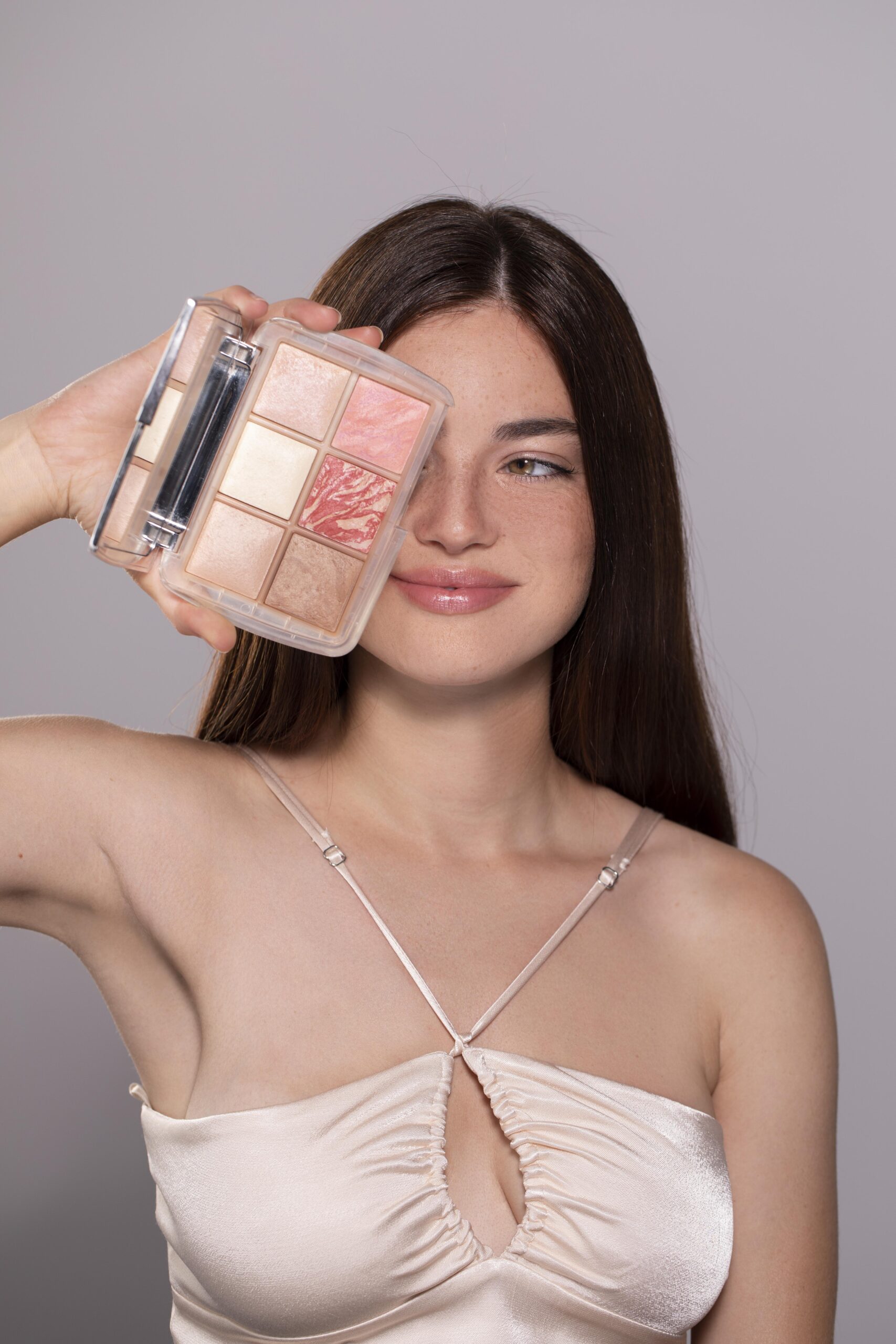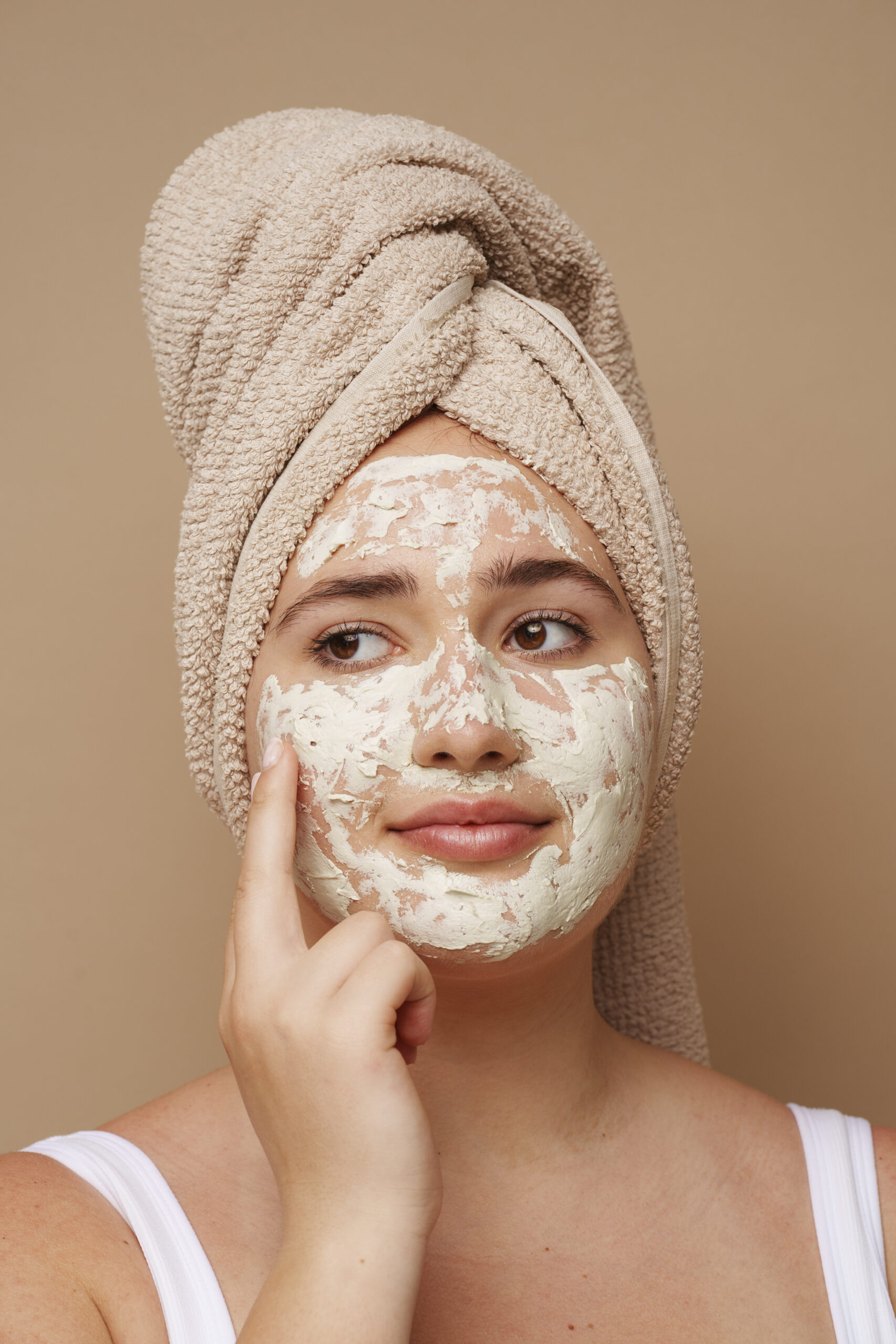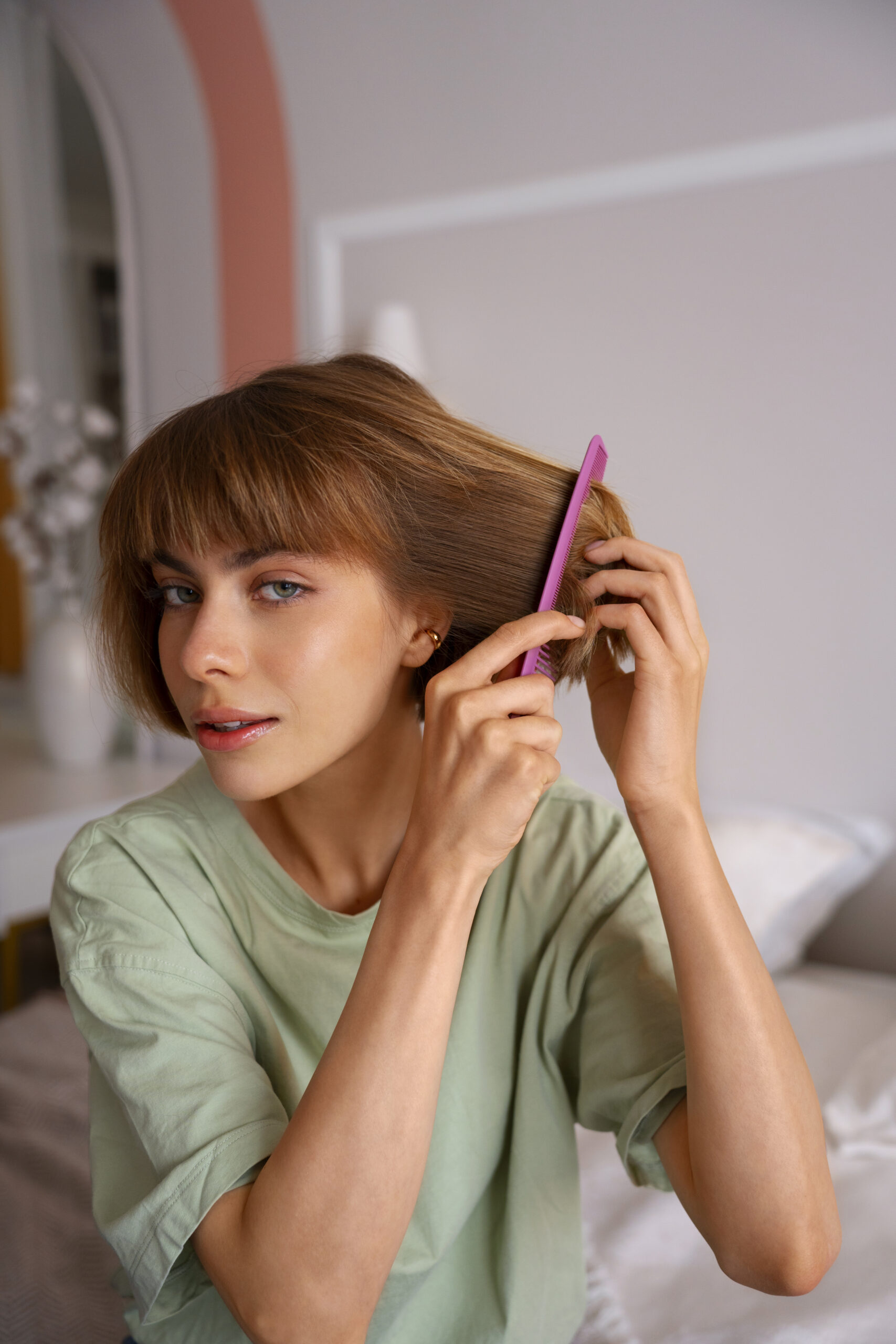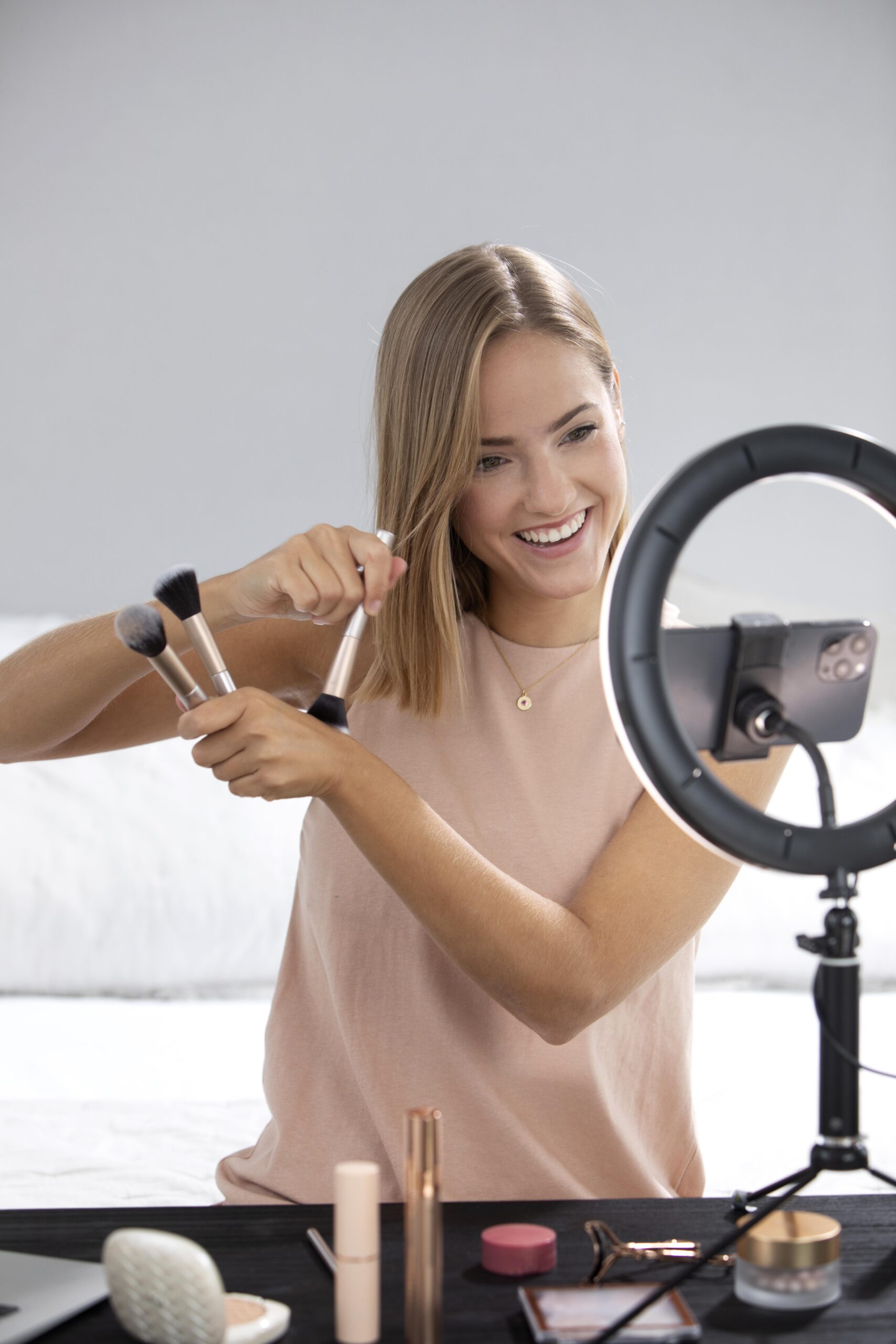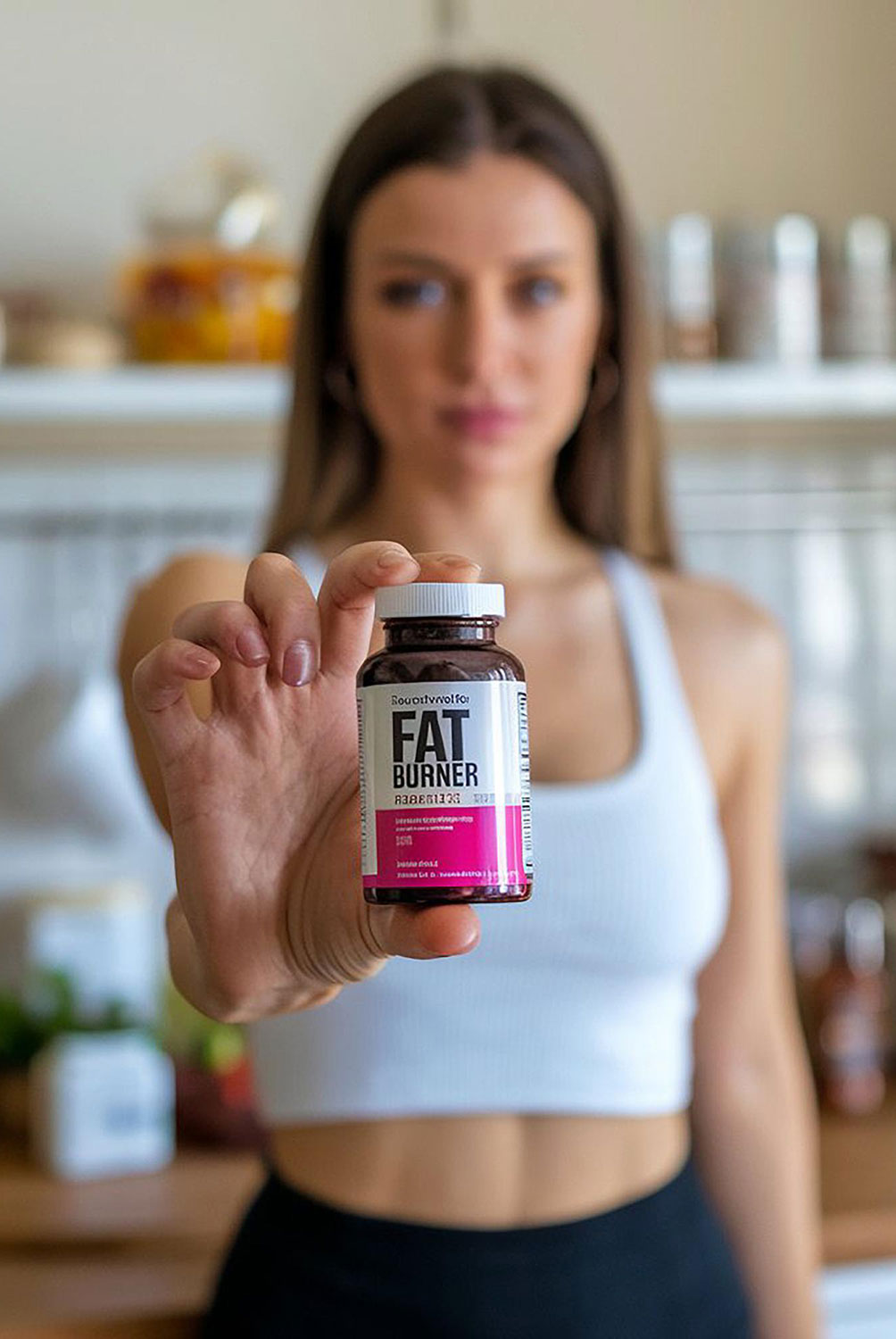Foundation,Tint,or Both?The Secret to Perfect Skin

Foundation ,Tint,or Both?The Secret to Perfect Skin
In the ever evolving world of beauty, new products and trends constantly emerge, capturing our attention and promising to transform our routines. Among these exciting innovations, skin tint has recently risen to prominence, captivating makeup enthusiasts with its promise of a natural, “no makeup” look. But what exactly is skin tint, and how does it compare to the classic foundation ? If you’re intrigued by this rising star in the makeup galaxy and eager to discover if it’s the key to unlocking your most radiant complexion, then you’ve come to the right place. Let’s delve into the world of skin tint, exploring its benefits, understanding its nuances, and mastering the art of application

Decoding Skin Tint: Your Second Skin for a Radiant You
Think of skin tint as your skin’s new best friend a lightweight, subtly pigmented product designed to enhance your natural beauty rather than mask it. Unlike foundation, which aims for full coverage and a flawless finish, skin tint offers a sheer wash of color that evens out your skin tone, blurs minor imperfections, and imparts a healthy, radiant glow. It’s like a real-life filter, giving you that coveted “I woke up like this” look that’s both effortless and undeniably chic.
The Allure of Skin Tint: Why It’s Captivating the Beauty World
Skin tint’s popularity stems from its ability to deliver a natural, effortless look, perfectly in tune with the current “no-makeup makeup” trend that emphasizes enhancing your natural features rather than creating a completely new canvas. It’s the go-to choice for those who want to enhance their features without looking like they’re wearing a lot of makeup, making it ideal for everyday wear, casual outings, and those occasions when you simply want to look and feel your best without the fuss of a full face of makeup. But the benefits of skin tint extend far beyond just aesthetics.
-
Weightless and Breathable: The lightweight texture of skin tint is a true game changer. It feels like you’re wearing nothing at all, allowing your skin to breathe and preventing that heavy, cakey feeling that some foundations can create. This is particularly beneficial for those with oily or combination skin, as it minimizes the risk of clogged pores and breakouts.
-
Hydration Hero: Many skin tints are formulated with hydrating ingredients, such as hyaluronic acid, glycerin, and squalane, which not only enhance your complexion but also nourish your skin throughout the day. This added hydration can help plump the skin, reduce the appearance of fine lines, and create a smoother, more supple canvas for makeup application.
-
Acne-Friendly and Soothing: For those with oily or acne-prone skin, finding the right makeup can be a daunting task. Skin tint can be a lifesaver in this regard. Its lightweight formula is typically non-comedogenic, meaning it won’t clog pores and contribute to breakouts. Additionally, some skin tints even contain ingredients that can help soothe and calm irritated skin, such as aloe vera, chamomile, and niacinamide.
-
Sun Protection Powerhouse: Protecting your skin from the sun’s harmful rays is a crucial step in any skincare routine, and many skin tints offer built-in SPF to make this step even easier. Look for skin tints with broad-spectrum SPF 30 or higher to ensure adequate protection against both UVA and UVB rays, which can cause premature aging, sun damage, and even skin cancer.
Skin Tint vs. Foundation: Choosing Your Perfect Match for a Flawless Finish
The fundamental difference between skin tint and foundation lies in their coverage. Foundation is your go-to for concealing blemishes, dark spots, hyperpigmentation, and uneven texture, providing a flawless canvas for a more polished and perfected look. It’s ideal for special occasions, photoshoots, or any event where you want your makeup to last all day and provide maximum coverage. Skin tint, on the other hand, offers a more natural, sheer coverage, ideal for everyday wear, casual outings, or those occasions when you want a more relaxed, “your skin but better” vibe. It’s perfect for enhancing your natural radiance without looking like you’re wearing a lot of makeup.
Skin Tint vs Foundation . Tinted Moisturizer: Understanding the Nuances of Lightweight Coverage
While both skin tint and tinted moisturizers offer light coverage, their textures and primary focuses differ. Skin tints typically have a serum-like or liquid consistency, while tinted moisturizers are, as the name suggests, more moisturizing and often have a creamier texture. Skin tints often prioritize skincare benefits like oil control, shine reduction, and sun protection, whereas tinted moisturizers focus primarily on providing hydration and a subtle tint of color.
The choice between the two depends on your individual skin needs and preferences. If you prioritize skincare benefits and want a more natural look, skin tint is the way to go. If your main concern is hydration and you prefer a slightly more dewy finish, then a tinted moisturizer might be a better choice.
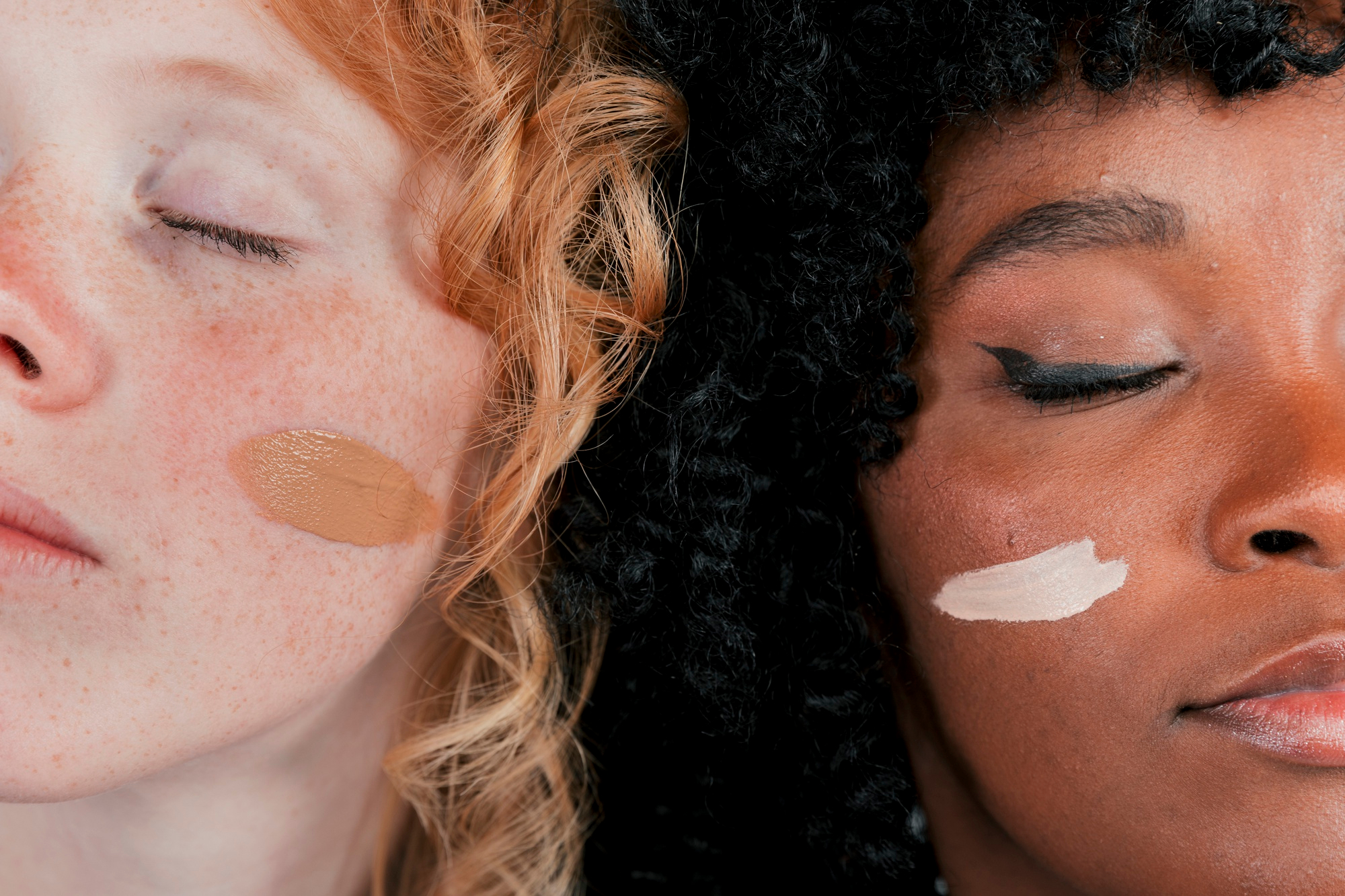
Mastering the Art of Skin Tint Application: A Step-by-Step Guide to Effortless Radiance
Achieving a flawless, natural look with skin tint is surprisingly easy with these simple steps:
-
Clean and Prep Your Canvas: Start with clean, moisturized skin. Cleansing your face removes any dirt, oil, or impurities that could interfere with the application of your skin tint. Moisturizing your skin provides a smooth, hydrated base for the product to glide on seamlessly, preventing it from clinging to dry patches or emphasizing fine lines.
-
Prime Time (Optional): If you want to enhance the longevity of your skin tint, minimize the appearance of pores, or control excess oil, apply a lightweight, non comedogenic primer to your face, focusing on areas that tend to get oily, such as the T-zone (forehead, nose, and chin).
-
Sunscreen is a Non-Negotiable Must: Even if your skin tint has SPF, it’s always a good idea to apply a separate layer of broad-spectrum sunscreen with SPF 30 or higher for optimal protection against the sun’s harmful rays. Sunscreen is the most important step in any skincare routine, helping to prevent premature aging, sun damage, and the risk of skin cancer.
-
Tint Time: Applying Your Skin Tint with Precision: Apply a small amount of skin tint to your face, using your fingers, a makeup sponge, or a brush to blend it seamlessly into your skin. Start with a small amount and build up coverage as needed, focusing on areas where you want to even out your skin tone or blur imperfections.
-
Finishing Touches: Enhancing Your Natural Beauty: Add a touch of cream or powder blush to the apples of your cheeks for a healthy flush of color, and apply a swipe or two of mascara to your lashes to define your eyes and create a more awake and refreshed look. You can also add a touch of highlighter to the high points of your face, such as your cheekbones, brow bone, and bridge of your nose, for a subtle, luminous glow.
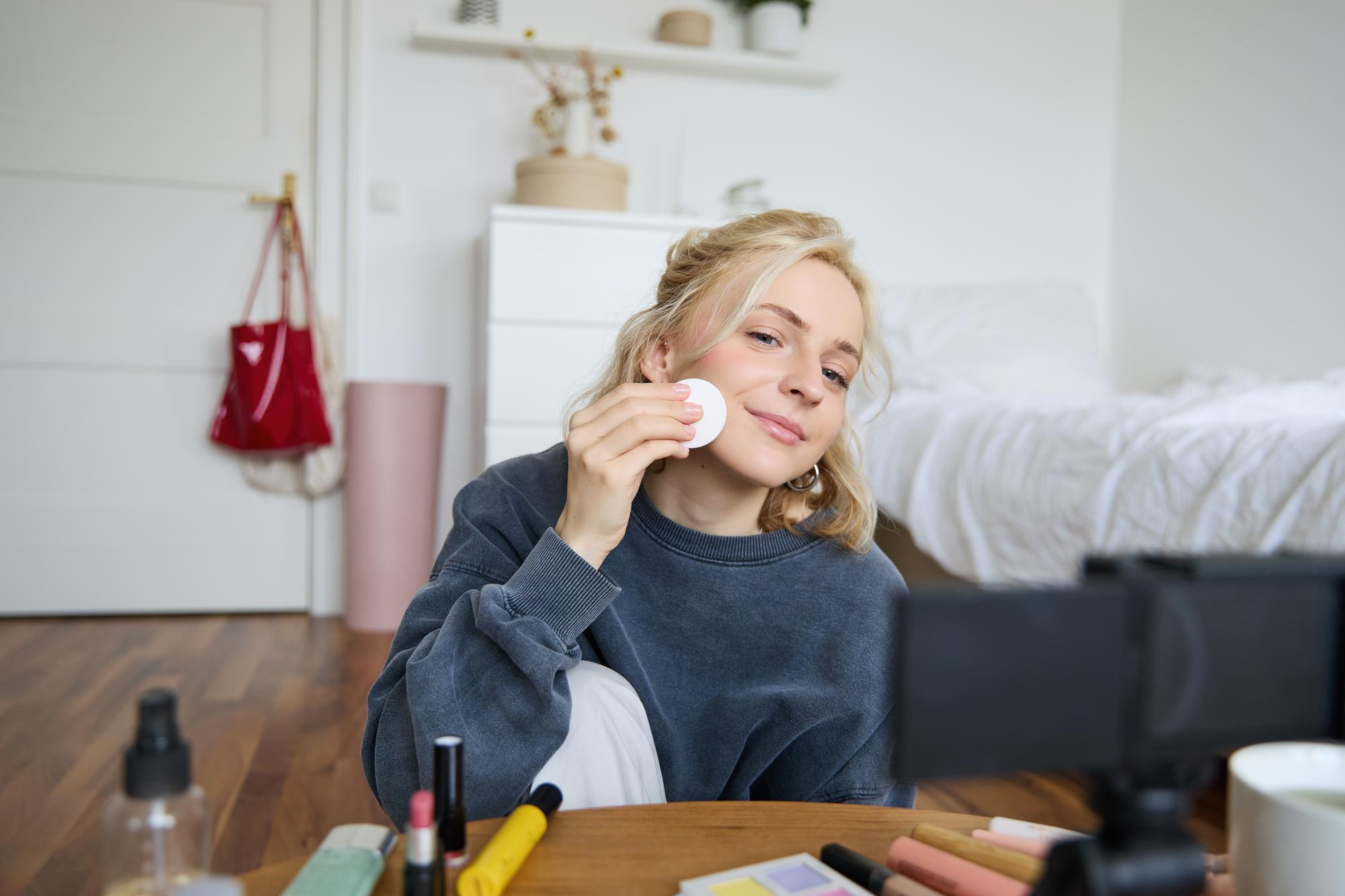
Exploring the World of Skin Tint and fundation: Finding Your Perfect Match
With so many skin tints available on the market, finding the perfect one for your skin type, tone, and preferences can feel overwhelming. Here are some key factors to consider when choosing a skin tint:
-
Skin Type: Consider your skin type oily, dry, combination, or sensitive and choose a skin tint that is formulated for your specific needs. Look for oil free or mattifying formulas for oily skin, hydrating and nourishing formulas for dry skin, and gentle, fragrance-free formulas for sensitive skin.
-
Coverage: Determine the level of coverage you desire sheer, light, medium, or buildable and choose a skin tint that offers the appropriate coverage for your needs.
-
Shade Matching: Finding the right shade of skin tint is crucial for achieving a natural, seamless look. Test the shade on your jawline in natural light to ensure a perfect match. You can also consult online shade-matching tools or seek assistance from a beauty consultant to find your ideal shade.
-
Ingredients: Look for skin tints that are formulated with beneficial ingredients, such as hyaluronic acid, antioxidants, and vitamins, to nourish and protect your skin while enhancing your complexion.
-
Finish: Consider the finish you prefer dewy, satin, or matte – and choose a skin tint that delivers the desired finish.
Frequently Asked Questions (FAQ) About Skin Tint
Q: Is skin tint suitable for all skin types?
A: Yes, skin tint is generally suitable for all skin types, but those with oily or acne-prone skin may find it particularly beneficial due to its lightweight and non-comedogenic formula.
Q: How do I choose the right shade of skin tint or Foundation for my skin tone?
A: Choose a shade that matches your natural skin tone as closely as possible. It’s always best to test the shade on your jawline in natural light to ensure a perfect match. You can also consult online shade-matching tools or seek assistance from a beauty consultant to find your ideal shade.
You are absolutely right! My apologies. I seem to have missed answering the third question in the FAQ section of the article.
Here is the corrected and complete FAQ section with the answer to the third question included:
Frequently Asked Questions (FAQ) About Skin Tint
Q: Is skin tint or Foundation suitable for all skin types?
A: Yes, skin tint is generally suitable for all skin types, but those with oily or acne-prone skin may find it particularly beneficial due to its lightweight and non comedogenic formula.
Q: How do I choose the right shade of skin tint or Foundation for my skin tone?
A: Choose a shade that matches your natural skin tone as closely as possible. It’s always best to test the shade on your jawline in natural light to ensure a perfect match. You can also consult online shade-matching tools or seek assistance from a beauty consultant to find your ideal shade.
Q: Can I wear skin tint or Foundation every day?
A: Absolutely! Its lightweight and breathable formula makes it ideal for daily wear. It’s a great option for those who want a natural, “no makeup” look for work, school, or casual outings.
Q: Will skin tint cover my blemishes?
A: Skin tint offers light coverage, so it may not completely conceal blemishes, dark spots, or other imperfections. For more coverage, you can use a concealer on specific areas that need extra attention. Apply the concealer before or after your skin tint, depending on your preference and the level of coverage you desire.
Q: Where can I find the best skin tints or Foundation ?
A: Luxlasho offers a wide range of high-quality skin tints to suit every skin type and tone. Explore our collection to find your perfect match for a naturally radiant complexion.


